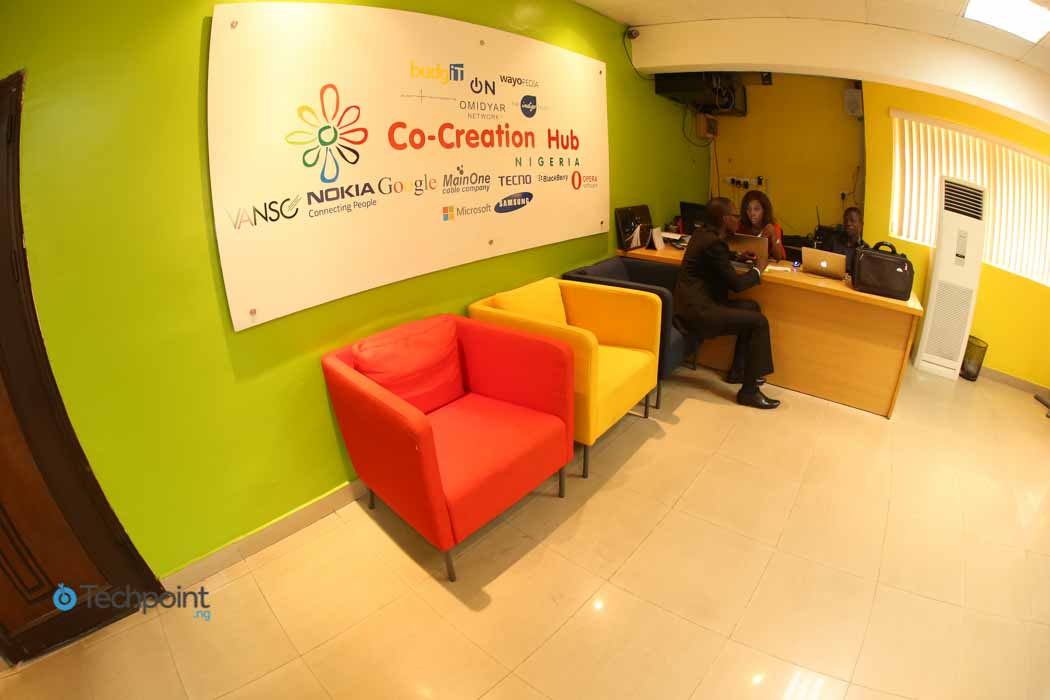The news:
- Co-Creation Hub (CcHUB) has announced its plan to launch a $15 million accelerator programme.
- The programme will back 72 edtech startups in Nigeria and Kenya.
- CcHUB plans to use the edtech accelerator programme to create an edtech ecosystem that includes governments, teachers, parents, and even students.
Popular African innovation centre, CcHUB, has announced its plan to launch The Edtech Fellowship Program, which will back edtech startups in Nigeria and Kenya with $15 million.
The programme aims to create a new ecosystem of edtech startups that will inform what the education solutions space is supposed to be like.
Bosun Tinjani, Co-founder and CEO of CcHUB, told TechCrunch that “if we invest intentionally in a very structured edtech inclusive ecosystem of government, teachers, investors, foundations, and even in some cases, the students and their parents, we believe that we can begin to gain a better understanding of how to use technology to improve learning in schools,”
Access to education still eludes many children in Africa. While Africa’s tech ecosystem has grown substantially in recent years, it is yet to create a solution that provides any significant change to the state of education in Africa.
Globally, Africa has the highest rate of education exclusion. According to Statista, 34 million children did not have access to primary school education in 2019. Children who do not have access to upper secondary school education increased from 33 million to 41 million between the years 2000 and 2019.
According to this article, the quality could be better even when children have access to education.
While education is a universal human right and an issue of public good and responsibility, the lack of it in Africa has created a commercial opportunity, according to market research store, Research and Markets, the African e-learning market reached a value of $ 2.47 billion in 2021.
Africa already has startups taking advantage of this market, but the issues with education in Africa persist. Edtech solutions will need an unconventional solution to increase access to education.
Tijani further emphasises the need to include more stakeholders in the process of building edtech platforms by saying, “It is important that when we build a programme that not only finds the smartest people in the startup ecosystem but also connects the startup ecosystem with government authorities, public sectors, schools, and academic institutions so that we can ensure that there’s a clear understanding of how to scale education solutions in the space.”
He also noted that the $15 million accelerator programme will not just back any startup with apparent solutions.
To ensure this, a team of 30 researchers will be tasked with working with portfolio startups and testing their products from launch to scale.
There is also a mechanism for follow-on investment outside the accelerator programme, which will provide diversification and reduce the risk for seed or Series A investors. Tijani stated that the $50 million edtech fund CcHUB plans to launch within the next 12 to 24 months will provide the follow-on capital.
He also stated that the innovation hub is in discussions with telcos like Safaricom and MTN to explore arrangements that could see them act as both investors in the fund and distribution partners for the portfolio of edtech solutions held by the Fellowship.










